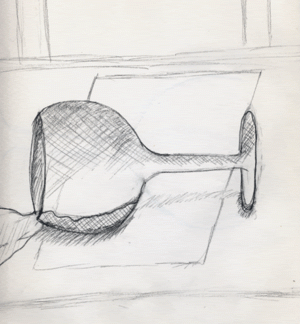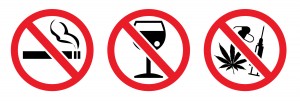Rights and Wrongs: The Moral Absolutes of The Christian
 We have what is well known as The Seven Deadly Sins
We have what is well known as The Seven Deadly Sins
Pride -opposite of humility
Covetousness – opposite of liberality
Lust – opposite of chastity
Anger – opposite of meekness
Gluttony – oppositie temperance
Envy – opposite of brotherly love
Sloth – opposite of diligence
Pride we have discussed as being snobby, above others such as the so-called prayer the Pharisee prayed beside the sinner/tax collector.
Covetousness has been discussed within the 10 Commandments. Be happy with what you have and be happy for what others have. There is no room for jealousy in God’s home.
Rights and Wrongs: The Moral Absolutes of The Christian Read More »




 I am more powerful than all the combined armies of the world.
I am more powerful than all the combined armies of the world.


